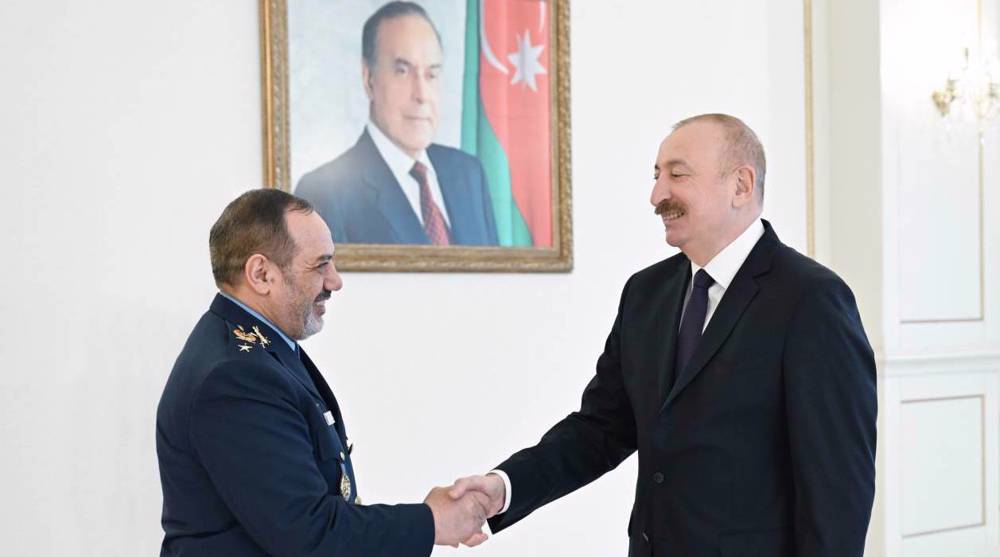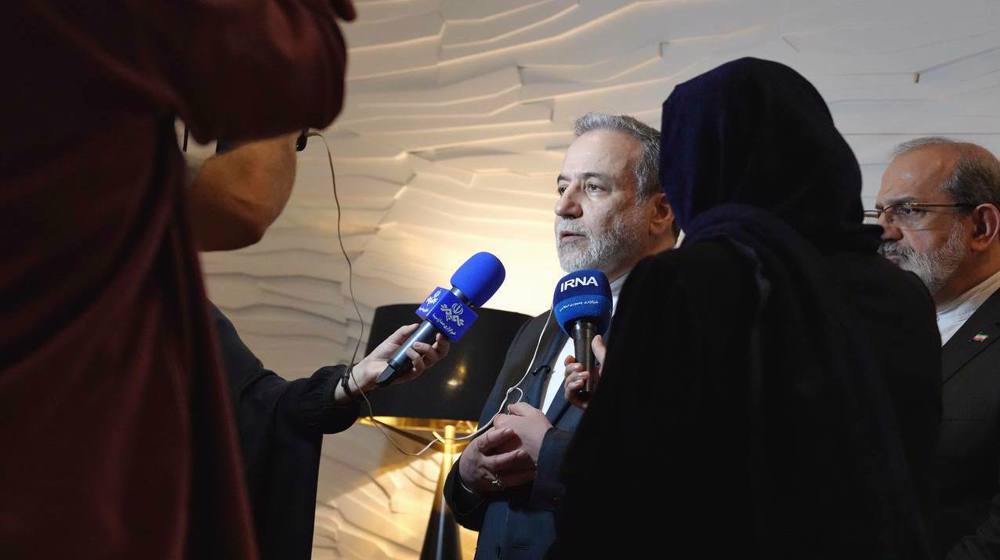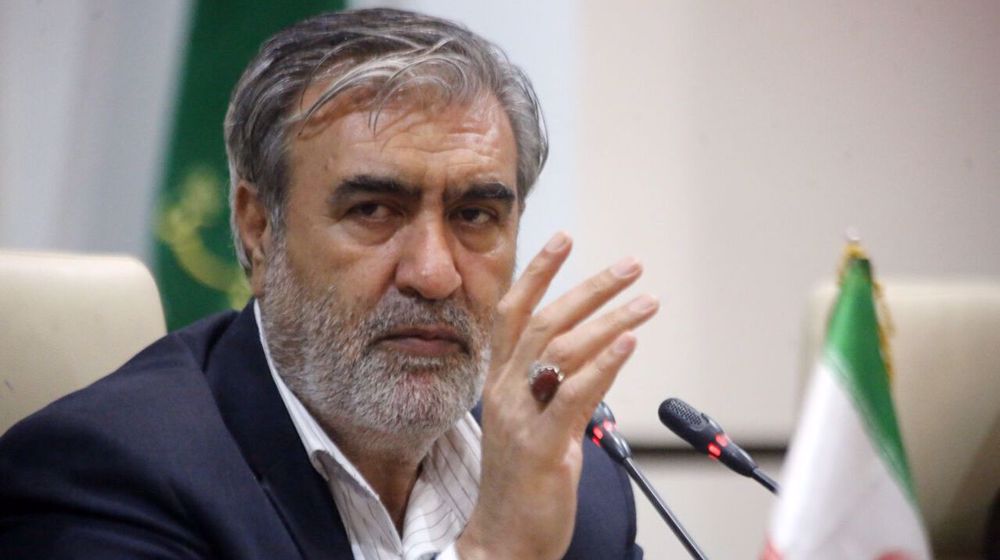Zarif urges Iranians to vote: Breakup with ballot boxes no solution to Iran’s woes
Mohammad Javad Zarif, Iran’s foreign minister, who would have been the Reformist camp’s top presidential candidate if he had chosen to run, has invited the Iranian people to participate in the June 18 election, saying “breakup” with ballot boxes will not contribute to a resolution of the country’s economic woes.
In a video message he shared on his Instagram page on Monday, the top diplomat said Friday, when the presidential election will be held, is “a day when we could [choose to] keep the gate to light and hope open for the future of ourselves and our children through the ballot boxes.”
“For my part, I’m ashamed of the hardships and injustice that have embittered the time of the people, but breakup with the ballot boxes is definitely not the solution, and will not ease the problems, if not add to them,” Zarif said.
Zarif said a “development-seeking nation” is one that never misses any chance — even though it may appear to be small — to make reforms and pave the way for the country to make progress.
The top diplomat underlined the significant impact that a high voter turnout can make on the country’s global status.
“The people’s participation will not only facilitate the removal of sanctions and destroy the basis of the economic war being waged on Iran’s brave nation, but will also neutralize any future sanctions,” Zarif said.
A high turnout, he added, will frustrate the “hardliners at home and abroad,” the Israeli regime and economic terrorists, who have set their sight on “a collapse of interactions and an increase in sanctions” through spreading Iranophobia and JCPOA-phobia, using an acronym for the Joint Comprehensive Plan of Action, a nuclear deal between Iran and major world states that he set the stage for.
The Iranian nation has always been “a phenomenon,” Zarif said. “Let’s join hands and turn June 18 into a national carnival of hope for all Iranians.”
Zarif in May turned down an appeal by the Reformist camp for him to run as its top candidate in the June 18 presidential election.
Following his refusal to enter the fray, Reformist Es’haq Jahangiri, currently serving as vice minister, signed up to run for president, but he was disqualified — along with a number of Reformist figures — from contesting the election.
Zarif’s run could have been a game-changer for the Reformist camp, which currently has no formal representative in the presidential race.
Reformist figures Mohsen Mehr-Alizadeh and Nasser Hemmati are running in the election, but the two do not have the backing of the Reformist faction. Recent polls show very low support for the pair, days ahead of the key vote.
Israeli keeps killing more Palestinian civilians in Gaza amid relentless ceasefire violations
Aliyev: Azerbaijani territory will not be used for threats against Iran
Turkey arrests two on charges of spying for Israeli regime
Iran FM declares ‘good start’ as US–Iran talks conclude in Muscat
Iran strongly condemns 'terrorist' mosque blast in Islamabad
Iran enters talks backed by national power, popular support: MP
France, UK involved in assassination of Muammar Gaddafi's son: Reports
Shia mosque explosion in Islamabad kills more than 30, injures over 160











 This makes it easy to access the Press TV website
This makes it easy to access the Press TV website